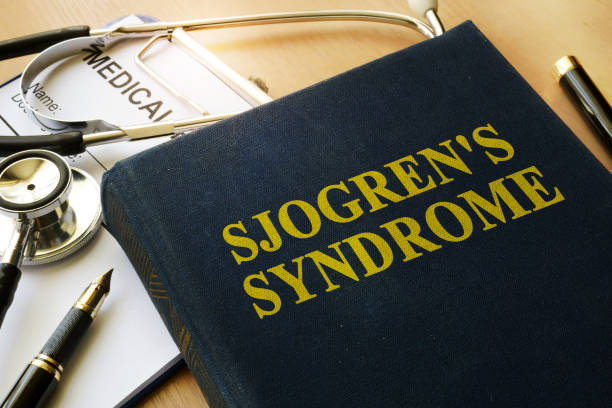Sjogren’s Disease – Causes and Symptoms
Symptoms of Sjogren’s disease can be severe and can be life-threatening, making early diagnosis and treatment essential. Aggressive therapies such as cyclophosphamide or rituximab can help manage the symptoms. Corticosteroids can also be helpful in the short term.
Is Sjogren’s a serious disease?
Sjogren’s syndrome is a disease that affects the glands that produce saliva and tears. The symptoms are similar to those of other conditions, so a doctor must rule out other diseases before determining the cause of your symptoms. A rheumatologist can help by performing various tests. They will look for specific antibodies in the blood cells to identify the condition.
People with Sjogren’s syndrome often experience extreme fatigue. The fatigue can last for a long time. In rare cases, the syndrome can spread to other organs, including the heart, kidneys, and nerves. Symptoms can be accompanied by swelling and burning. Patients may also experience anemia and a low platelet count.
What is the main cause of Sjogren’s syndrome?
Although the main cause of Sjogren’s disease is not yet known, certain genes have been linked to increased susceptibility to this autoimmune disease. Once triggered, Sjogren’s disease causes the immune system to become overactive and begin attacking its own tissues. The first to be affected are the moisture secreting tear glands in the eyes, followed by the salivary glands in the mouth. In addition, the joints and the thyroid may also be affected.
There is no cure for Sjogren’s syndrome, but treatment options may help alleviate symptoms. Patients with Sjogren’s disease should see a rheumatologist for an evaluation. Common symptoms, such as dry mouth and eye symptoms, may be relieved with over-the-counter medications. In severe cases, stronger formulations and immunosuppressive drugs may be needed. Depending on the severity of symptoms, pain medicines may also be prescribed.
What is the life expectancy of Sjogren’s syndrome?
Sjogren’s syndrome is a long-term condition that can cause a great deal of pain and discomfort. Treatments are available to ease the symptoms, but the disease can have a big impact on a person’s quality of life. Some people may develop complications, including problems with their vision and lungs. They may also be at increased risk of developing non-Hodgkin lymphoma. People who have been diagnosed with this disorder may find it helpful to connect with an organization to receive support and information.
Early diagnosis is crucial to preventing complications of the disease. Patients with the condition should visit their physician for a diagnosis. A thorough examination will help determine whether the syndrome is a serious medical condition. However, it is important to remember that Sjogren’s symptoms may mimic other conditions. For example, excessive dry mouth or dry eyes may be the side effect of other medications, such as for a sinus problem.
What organs are affected by Sjogren’s syndrome?
Sjogren’s syndrome is an inflammatory disease that affects many organs. It can affect the blood vessels, nerves, muscles, and skin. It can also affect the brain and spinal cord. Because it affects multiple organs, it can lead to anemia and lowered white blood cell and platelet counts.
While the disease is often misdiagnosed as a rare disease, it affects about four million people in the United States. The most common organs affected by this condition are the kidney, liver, gastrointestinal system, and blood vessels. Symptoms can range from mild discomfort to severe and debilitating. Fortunately, early diagnosis and treatment can greatly improve quality of life for those affected by Sjogren’s syndrome.
Since Sjogren’s syndrome affects the entire body, early diagnosis is important to prevent complications. Some symptoms are similar to those of other illnesses, including an infection or dry mouth. If left untreated, Sjogren’s can lead to blindness or other serious problems. Sjogren’s syndrome is best diagnosed by a rheumatologist.
Does Sjogren’s show up in blood test?
Sjogren’s disease is diagnosed by measuring the amount of antibodies in the blood. Typically, high levels of these antibodies indicate the presence of Sjogren’s syndrome. Another test to look for Sjogren’s antibodies is a salivary gland biopsy. In addition to these tests, doctors may also do salivary flow measurements.
A complete blood count (CBC) test will assess the number of white blood cells, platelets, and red blood cells in a patient’s blood. It will also determine a patient’s hemoglobin level. A low hemoglobin level is a sign of anemia, and this can be associated with Sjogren’s syndrome.
Another blood test used to check for Sjogren’s disease is an antinuclear antibody (ANA). This blood test measures antibodies to proteins in the body that cause inflammation and autoimmune diseases. These antibodies are common among people with Sjogren’s syndrome.



